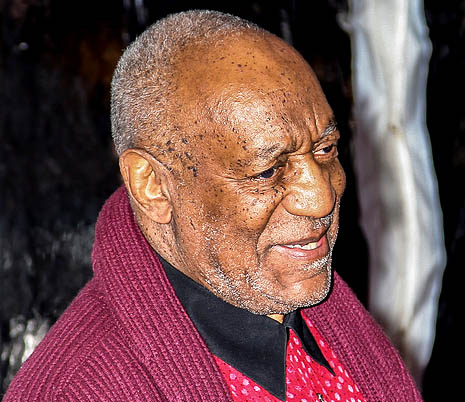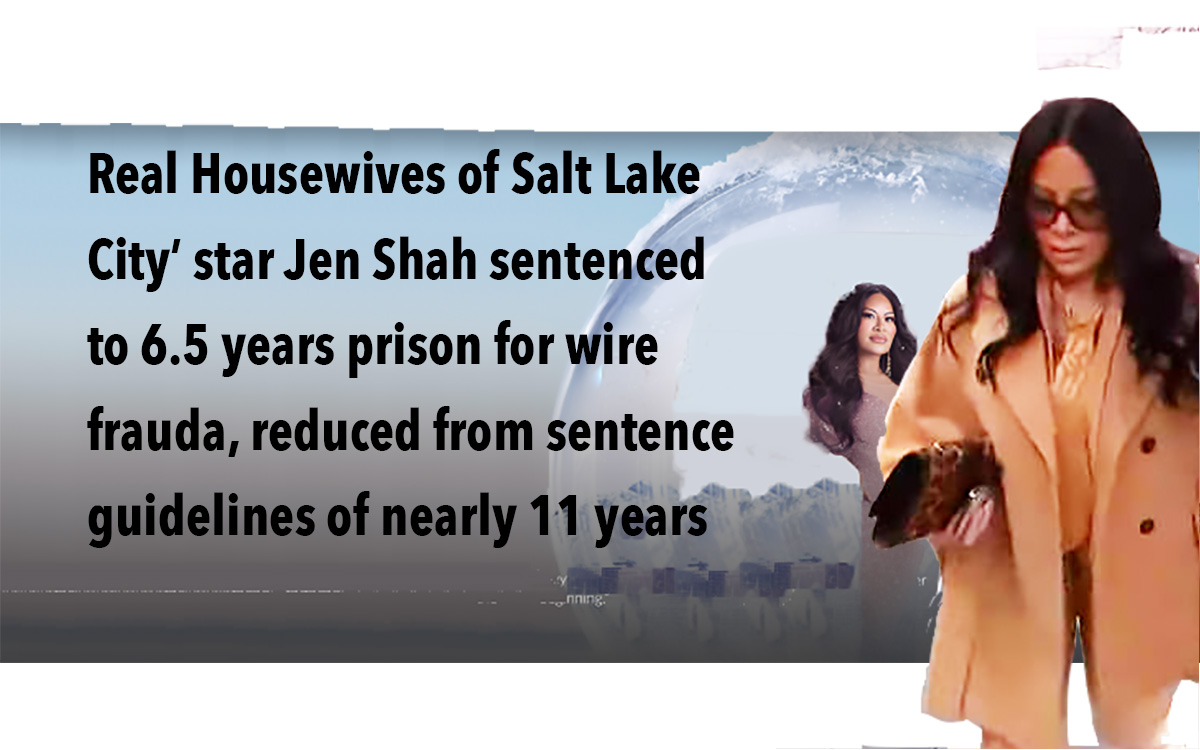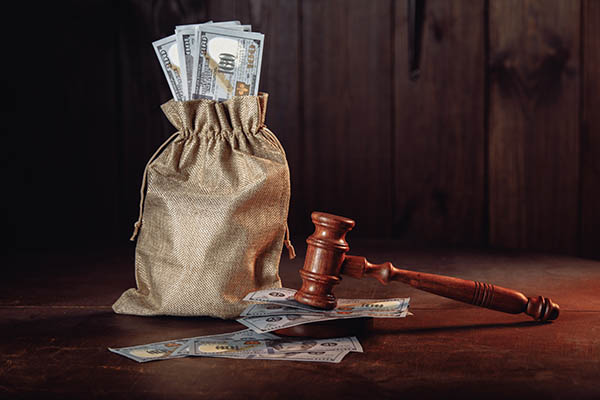In an internationally watched case, the Pennsylvania Supreme Court overturned Bill Cosby’s conviction finding that he had been improperly prosecuted after relying on what he believed was a promise of immunity from then District Attorney Bruce Castor which caused Cosby to testify in a civil case brought by one of his victims and make various statements against interest that were later admitted in his criminal trial.
In 2015 Cosby was charged with sexually assaulting a former Temple University basketball coach, Andrea Constand more than 10 years prior. Ms. Constand had also filed a civil lawsuit against Cosby over the assault. Then D.A. Castor, who later went on to some notoriety for briefly representing former President Donald Trump, issued a public statement that he would not file criminal charges because he had concluded that a criminal conviction was highly unlikely. The majority of the Pennsylvania Supreme Court found that Castor’s statement was designed to coerce Cosby to testify about the assault in the civil suit. Had Castor not made this statement, the Court reasoned that Cosby would have asserted his Fifth Amendment right not to testify in the civil deposition, rather than testifying and incriminating himself. Since Castor’s successor at the D.A.’s Office later charged Cosby, and the prosecutors used Cosby’s civil deposition testimony at trial, the Court found that Cosby’s rights had been violated.
Interestingly, the Court found that while the record supported a finding that no formal non-prosecution agreement existed and that Castor had been equivocal about any future prosecution, the Justices reasoned that the real issue was the extent to which Cosby relied on what he believed was a promise by the D.A. Holding that this was an issue of fundamental fairness and a violation of due process, the Court overturned the conviction and barred future prosecution on the Constand assault.
While concurring that Cosby’s due process rights were violated, Justice Dougherty said that the remedy should have been simply barring the deposition evidence from the criminal trial. Justice Dougherty stated “we should not use Castor’s ‘blunder’ to place Cosby in a better position that he otherwise would have been in by forever barring his prosecution.” Dissenting Justices disputed that Castor’s public statement created a binding promise that Cosby could have relied on in deciding to testify in the civil deposition.
While there is understandable outrage that Cosby’s conviction was overturned, particularly because so many victims came forward to bravely testify that he drugged and sexually assaulted them, and the fact that some of Cosby’s defenders now claim that he was a victim and has been fully exonerated, issues of due process and fundamental fairness are at the core of our system of justice. When those are violated, the remedy in a particular case may be harsh, but the Constitution and law are more important than one individual or one case. The Pennsylvania Supreme Court did not find that Cosby was not guilty, and those supporters who claim that he was simply refuse to listen to and credit the overwhelming evidence presented at trial against him.
Stahl Gasiorowski Criminal Defense is here for all of your criminal legal needs during this time. To contact the firm’s NJ office, call 908.301.9001 and to contact the firm’s NYC office, call 212.755.3300, or email Mr. Stahl at rstahl@stahlesq.com.



